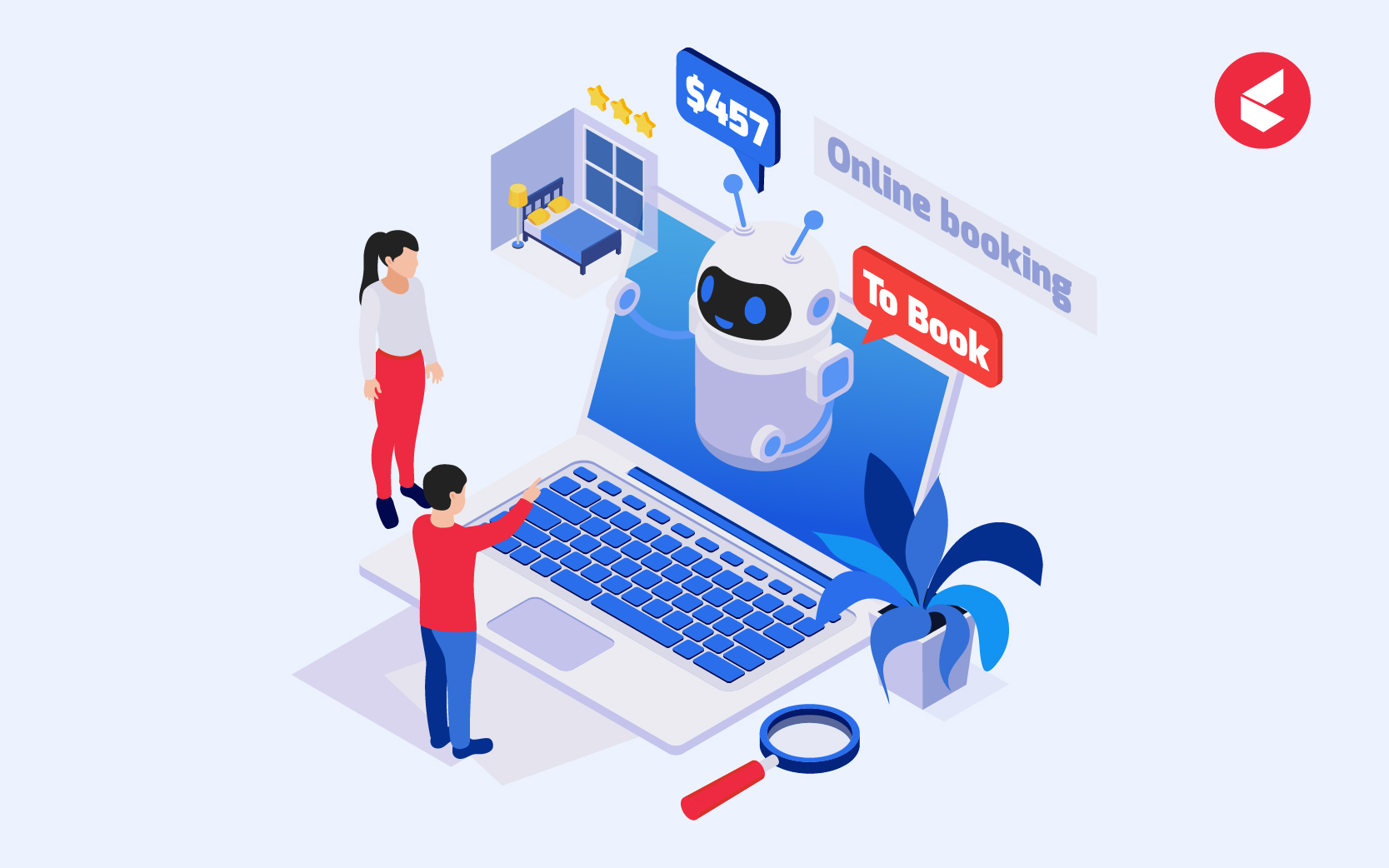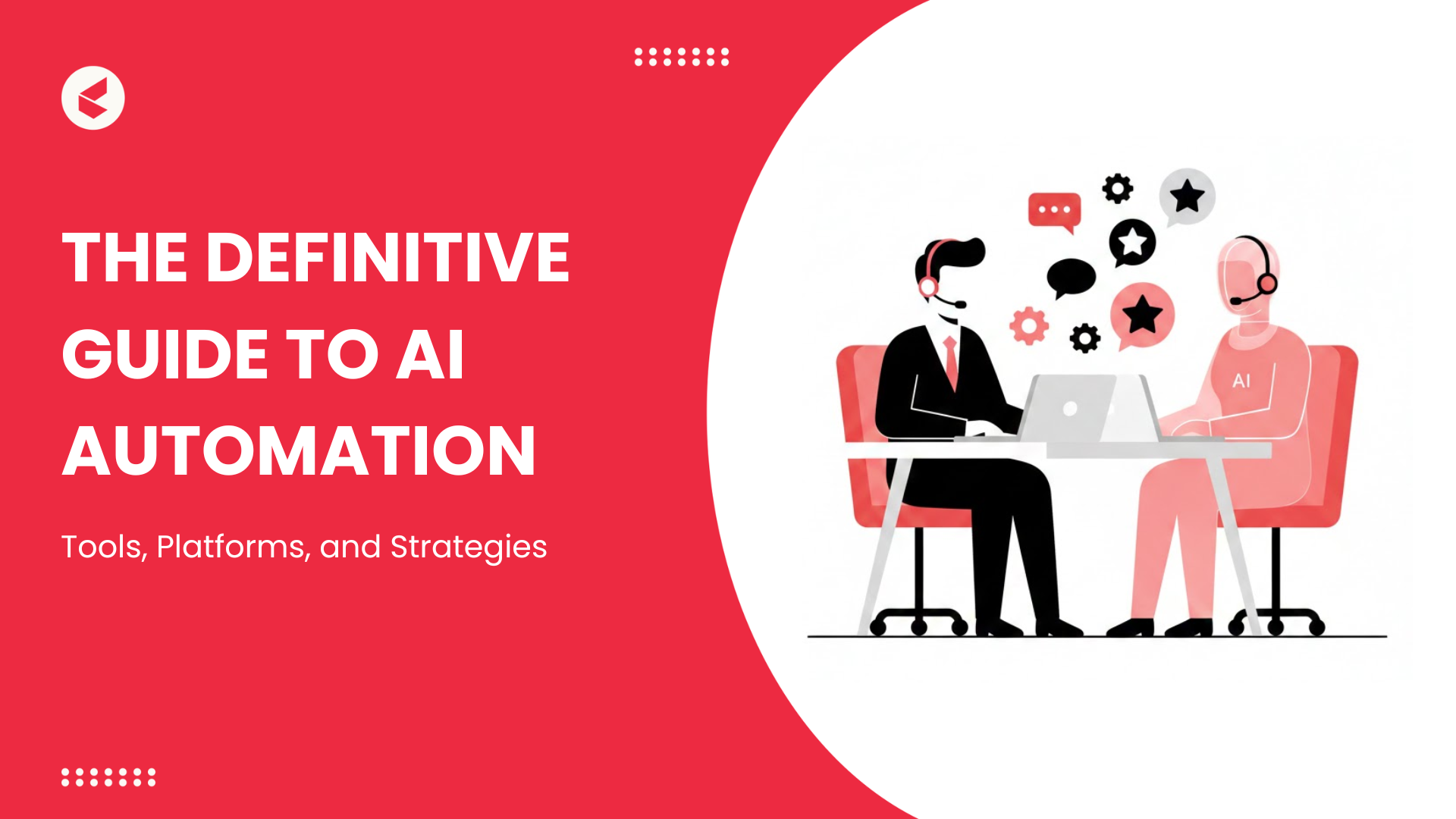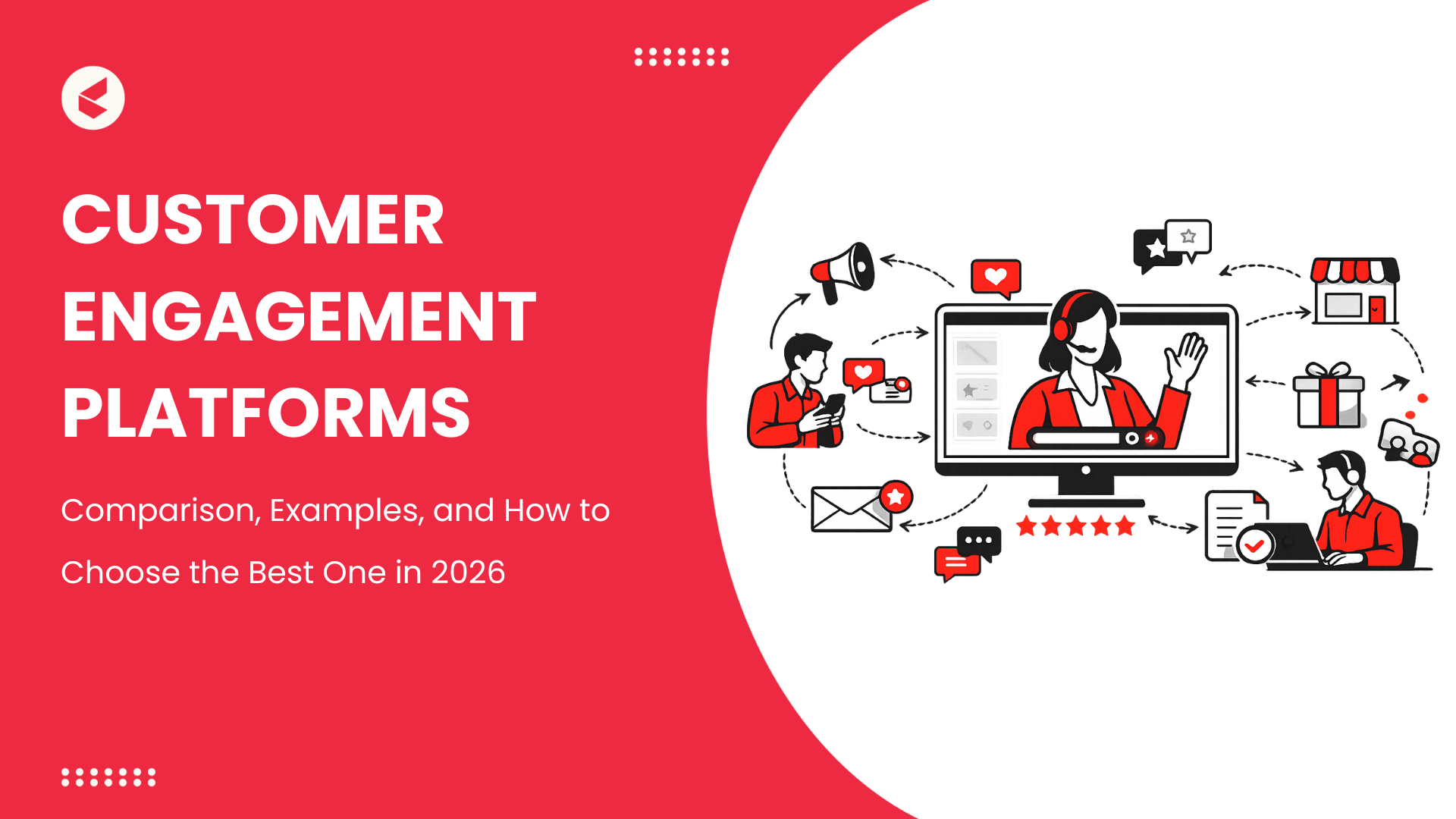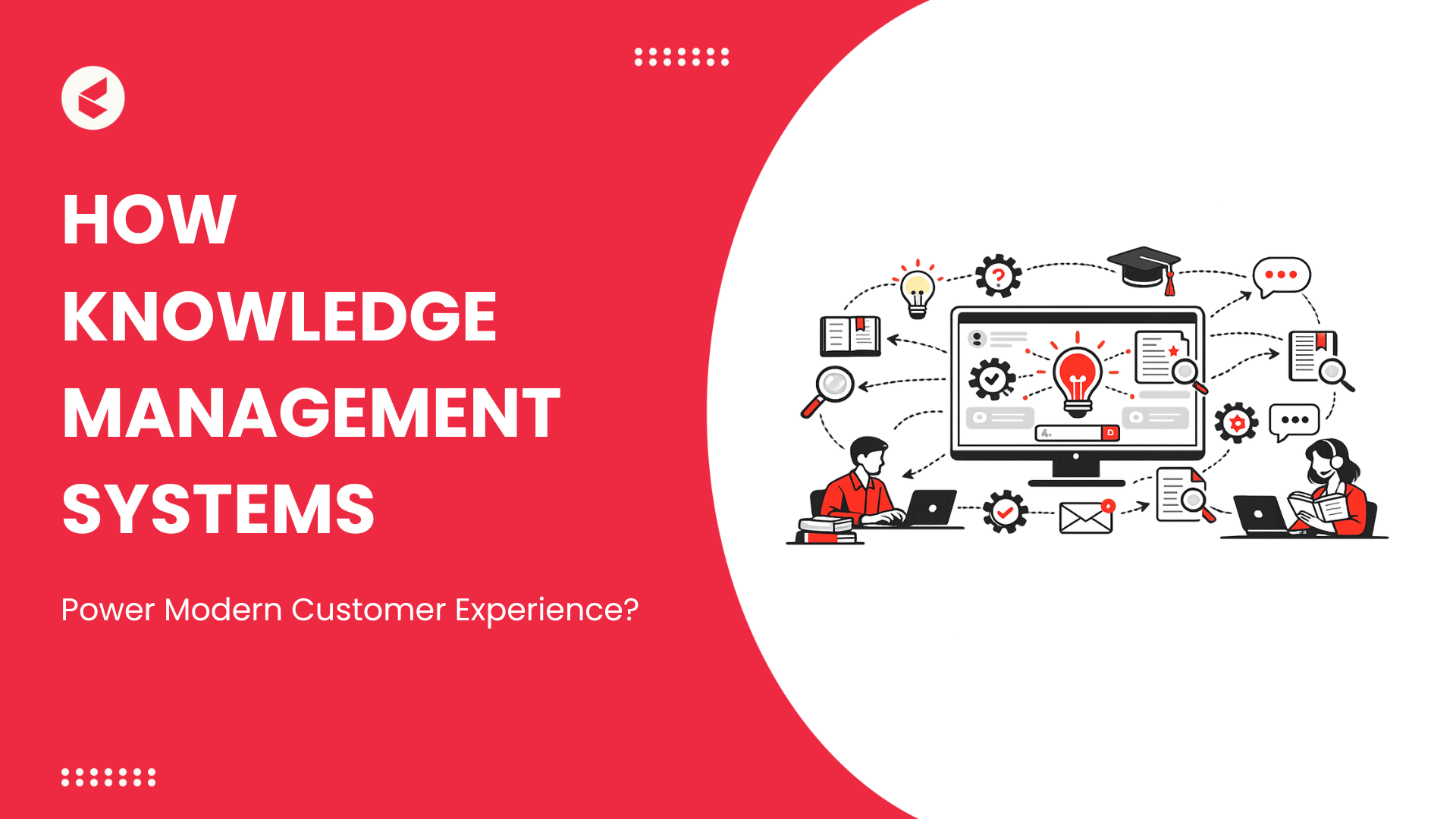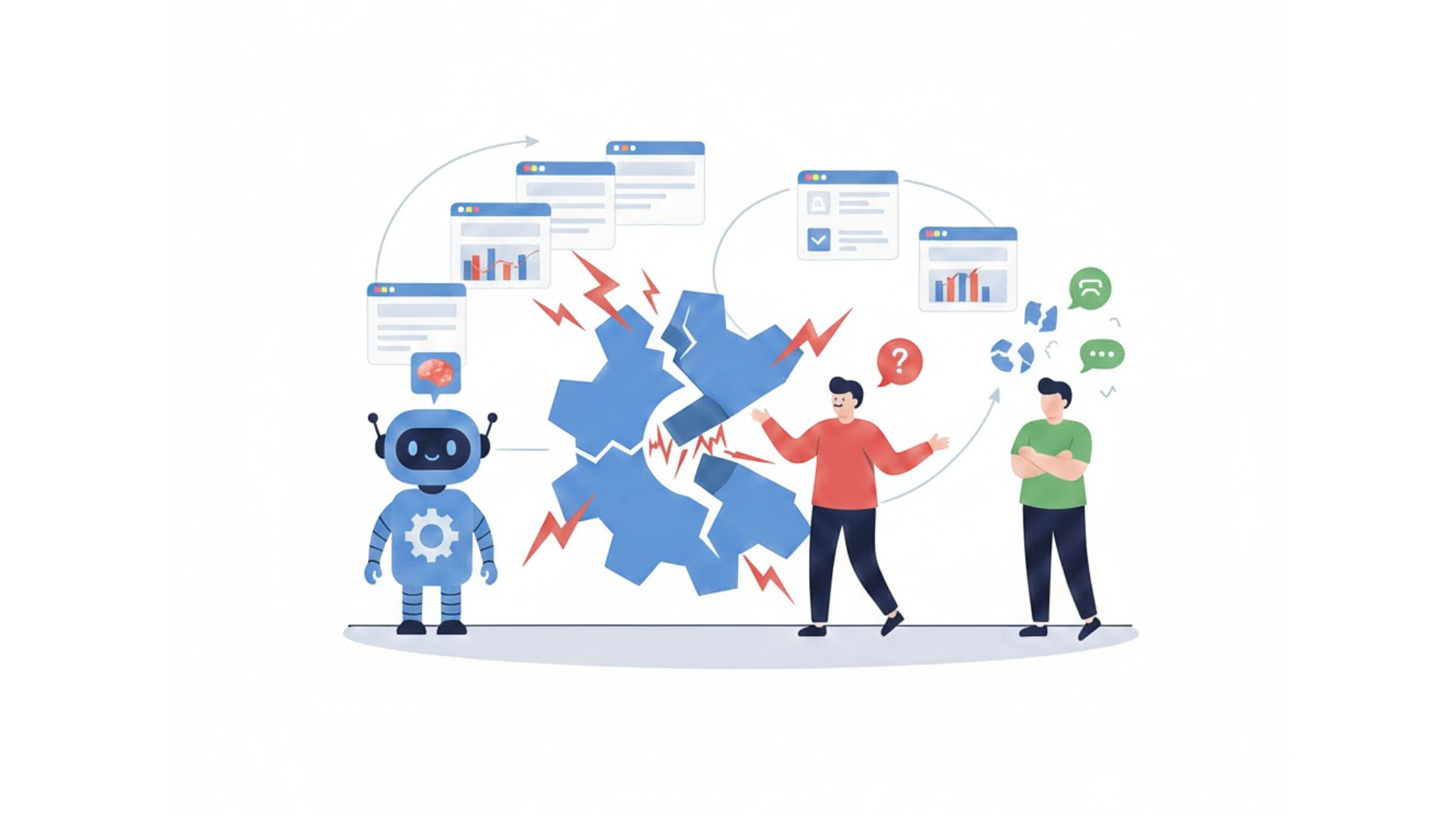Recently, my 7 year old washing machine stopped working mid wash. I knew reaching out to customer support would mean having to explain my issue and hoping that they assign a technician the same day. Instead, I opened Youtube, typed the model of my washing machine and a 4 minute troubleshooting video later, I managed to fix the issue on my own. I made a mess of my room but guess what, not only was I proud that I fixed the washing machine on my own but I was happy that I saved a lot of time.
This stands true for most customers today – when faced with a problem, customers fall into two camps: the DIY-ers who crave independence and those who prefer a helping hand. Despite which category you fall into, there is one tool that has turned into an absolute necessity – self-service.
“Our data show an overwhelming preference for self-service: Across industries, fully 81% of all customers attempt to take care of matters themselves before reaching out to a live representative.”
Self-Service Solutions vs. IVR Queues
While it may be daunting for customer support teams and heads to imagine that customers are more than happy to seek instant support, turning to self-service, the advantages are numerous. A lot of the repetitive issues raised by customers, for instance, an electronic gadget not working, can have simple fixes. Fixes as simple as turning the device off for a while and then switching it back on later.
To have customer support agents spend their time resolving issues that are simple and repetitive is not cost effective. For the customer, waiting in long IVR queues every time to receive answers for their queries is not practical. Self-service can be the solution here. Not only will it be able to resolve the customer concern quickly and effectively, it will also be able to save agent’s time to focus on more complicated tickets.
That being said, it is not practical to expect self-serve solutions to replace human agents. Self-service is meant to resolve common questions and concerns that customers raise about the product or policies. More complex tickets will have to be dealt with by agents to decipher the best possible solution while also understanding and acknowledging customer sentiment.
AI to the Rescue
Traditional self-service or self-serve cannot always provide quick and accurate answers. The digital customers of today will not compromise on speed or quality. This is where the integration of artificial intelligence (AI) into self-service can be a game changer. AI’s ability to understand, learn, and adapt makes it the ideal solution to the problems posed by traditional self-service.
A CX platform like Kapture, which has mastered the integration of AI capabilities into self-serve solutions can be the answer customers desire.
With this upgrade, the way customers interact with businesses will change. Companies can improve their self-serve capabilities and provide a more efficient, personalized, and satisfying experience. Customers who are able to find the solution to their issues without having to wait in IVR queues will find the application convenient and effective.
These are a few of the capabilities of an AI-powered self-serve:
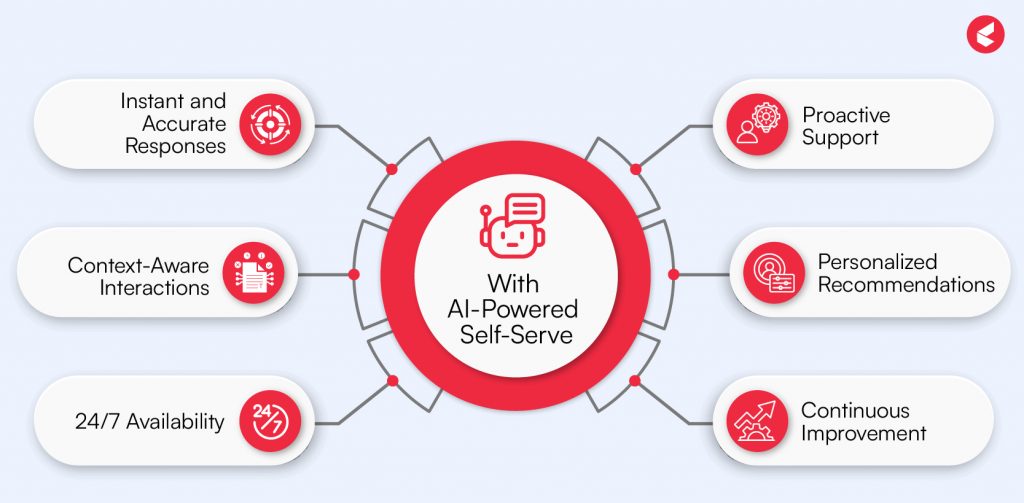
1. Instant and Accurate Responses
Traditional support systems have always relied on pre-set scripts to provide a response. AI chatbots, on the other hand, use natural language processing (NLP) to understand the context and details of user queries. This allows them to provide more relevant and precise answers. It improves the overall efficiency and effectiveness of self-serve solutions.
“Customers are 2.4 times more likely to stick with a brand when their problems are solved quickly.”
For instance, if I get stuck trying to return a shoe, a traditional self-serve chatbot will ask me to go through a 7-page return policy. Whereas an AI-powered chatbot will not only be able to precisely tell me how to do it, it will be able to process the return by itself.
2 . Context-Aware Interactions
One of the standout features of AI in self-serve solutions is its ability to maintain context-aware interactions. AI systems have the ability to remember previous conversations. This gives context to every conversation. This contextual understanding further enables AI to offer tailored recommendations and solutions based on the user’s history and preferences. It eliminates the need for repeated explanations.
Going back to the previous example, if for any reason I was not able to complete the return process, and I had to come back a day later to proceed with it, I would not have to repeat the issue all over again. The chatbot would be aware of the context of my previous interaction, saving my time and energy.
3. 24/7 Availability
AI-driven self-serve solutions operate around the clock, making sure that customers have access to support at any time. This 24/7 availability is particularly valuable for global businesses with customers across different time zones. AI systems can handle inquiries and resolve issues even outside of regular business hours, providing continuous support and reducing customer frustration associated with waiting for assistance.
If I was not able to complete the return process during the day because of a hiccup, I will have the option of being able to raise the return later in the night. Whether it is past midnight or in the day, I can raise my issue and be assured that I will get an instant response.
4. Proactive Support
The ideal situation for any support team is to resolve issues before they become tickets. AI-powered chatbots with advanced algorithms can identify issues before they escalate. AI can analyze user behavior to identify patterns that may show a problem. Before the customer even raises them as an issue, AI can provide the apt solutions and suggestions. This further improves the overall self-serve experience.
From the examples mentioned above, once I raise the return, I will receive a notification about when I can expect a refund in my preferred source. This proactive approach will save me the effort of having to follow-up for the details of my post-return procedures.
5. Personalized Recommendations
AI excels at analyzing user data to offer personalized recommendations. By leveraging machine learning, AI can suggest relevant articles, troubleshooting guides, and product information based on a user’s past interactions and preferences. This personalized approach not only improves the efficiency of self-serve solutions but also helps users find the information they need more quickly and easily.
We customers have preferred brands and choices. If the reason for my return was a size issue, I would have repeatedly searched for a replacement in my size. The AI-powered chatbot can identify this pattern and notify me if the shoe that I prefer becomes available in my size.
6. Continuous Improvement
Another impressive advantage of AI in self-serve is its ability to keep learning. Machine learning algorithms enable AI systems to analyze large volumes of data. This continuous learning also leads to continuous improvement. It ensures that the solutions provided are accurate, relevant, and up-to-date.
If my queries were about trekking shoes, a traditional chatbot would give me generic answers about shoes. An AI-powered chatbot can learn to provide more specific recommendations to queries, such as suggesting waterproof hiking boots or trail running shoes based on my location and preferences.
The Benefits of AI-Enhanced Self-Serve Solutions\
Having discussed the stellar capabilities of an AI-powered self-serve, let’s look at some of the benefits that businesses can reap by using this feature:
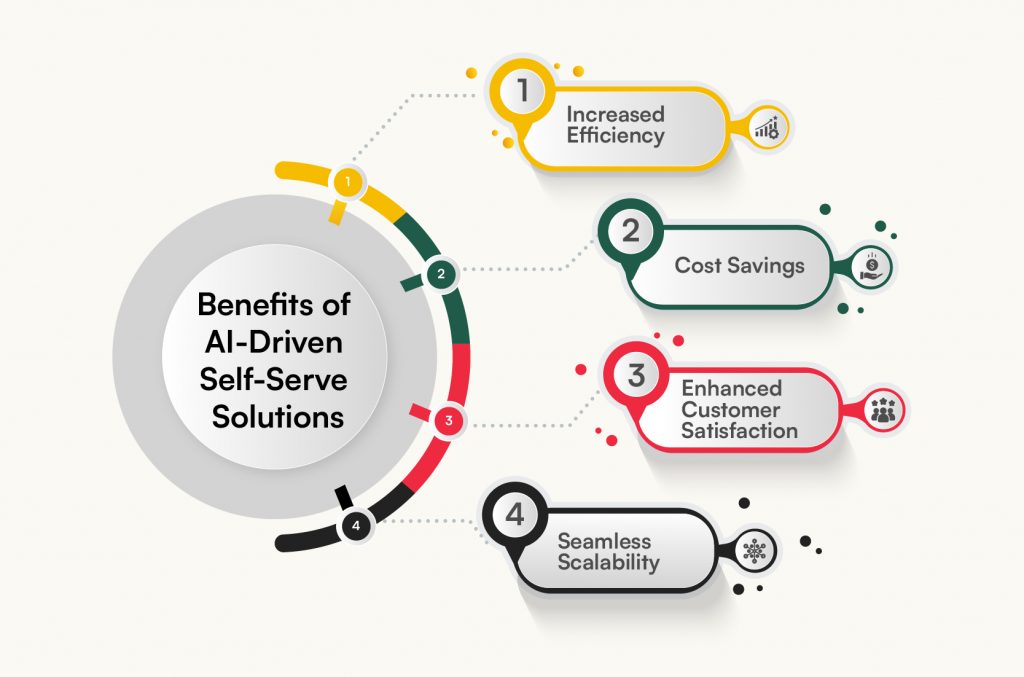
1 . Increased Efficiency
The main purpose of an AI-driven self-serve is to handle routine tasks. This not only reduces the number of tickets generated, it also frees up agents time, allowing them to focus on more complex tasks. This will directly improve agent efficiency and also reduce the average handle time (AHT).
“The transformation resulted in a doubling to tripling of self-service channel use, a 40 to 50 percent reduction in service interactions, and a more than 20 percent reduction in cost-to-serve. Incidence ratios on assisted channels fell by 20-30 percent, improving both the customer and employee experience.”
2. Cost Savings
By automating routine queries, the dependency for live agents is reduced. A significant portion of the queries can be handled by chatbots and virtual agents through self-serve. This allows businesses to lower the operational costs and allocate resources more effectively. These savings can also be used in other areas of development, contributing to the overall growth of the business.
“57 percent of business leaders feel that conversational chatbots deliver a large ROI on minimal investment.” – Accenture
3. Enhanced Customer Satisfaction
A customer who is able to resolve their concerns and get answers to their queries immediately and efficiently is bound to be happy with the service. Receiving personalized and enhanced support will ensure that they keep purchasing from the same brand. This increased customer satisfaction directly translates to increased loyalty and increased customer lifetime value (CLV). It also fosters a positive reputation for the business.
“80 percent of executives have reported demonstrable improvements in customer satisfaction, delivery of service, and overall contact center performance as a result of implementing conversational AI.”
4. Seamless Scalability
AI-powered self-serve solutions are highly scalable, making them ideal for businesses of all sizes. As customer demands and interactions grow, AI systems can handle increased volumes of queries without compromising quality. This scalability ensures that businesses can continue to provide high-quality support as they expand.
With a plethora of buying options available for every single product humanly imaginable, it is non-negotiable that businesses offer their customers an experience they will remember. That is the expectation and it will be the one factor that can set you apart from the competition. Providing a better customer experience starts with providing your customers with access to information at their fingertips and support that is efficient. Self-serve is designed to do exactly that.
With an efficient self-serve solution like Kapture’s Self-Serve 2.0, you will not only empower your customers to find solutions on their own, but also save up on the operational costs incurred from employing agents to resolve routine tasks. Leveraging AI, our chatbots deliver human-like interactions, providing accurate and timely solutions to customer queries. By understanding context and sentiment, they offer personalized experiences. Self-Serve 2.0 promises satisfied customers and a growing business.
Want the upgrade that your business deserves? Book a demo now and serve your customers right!
